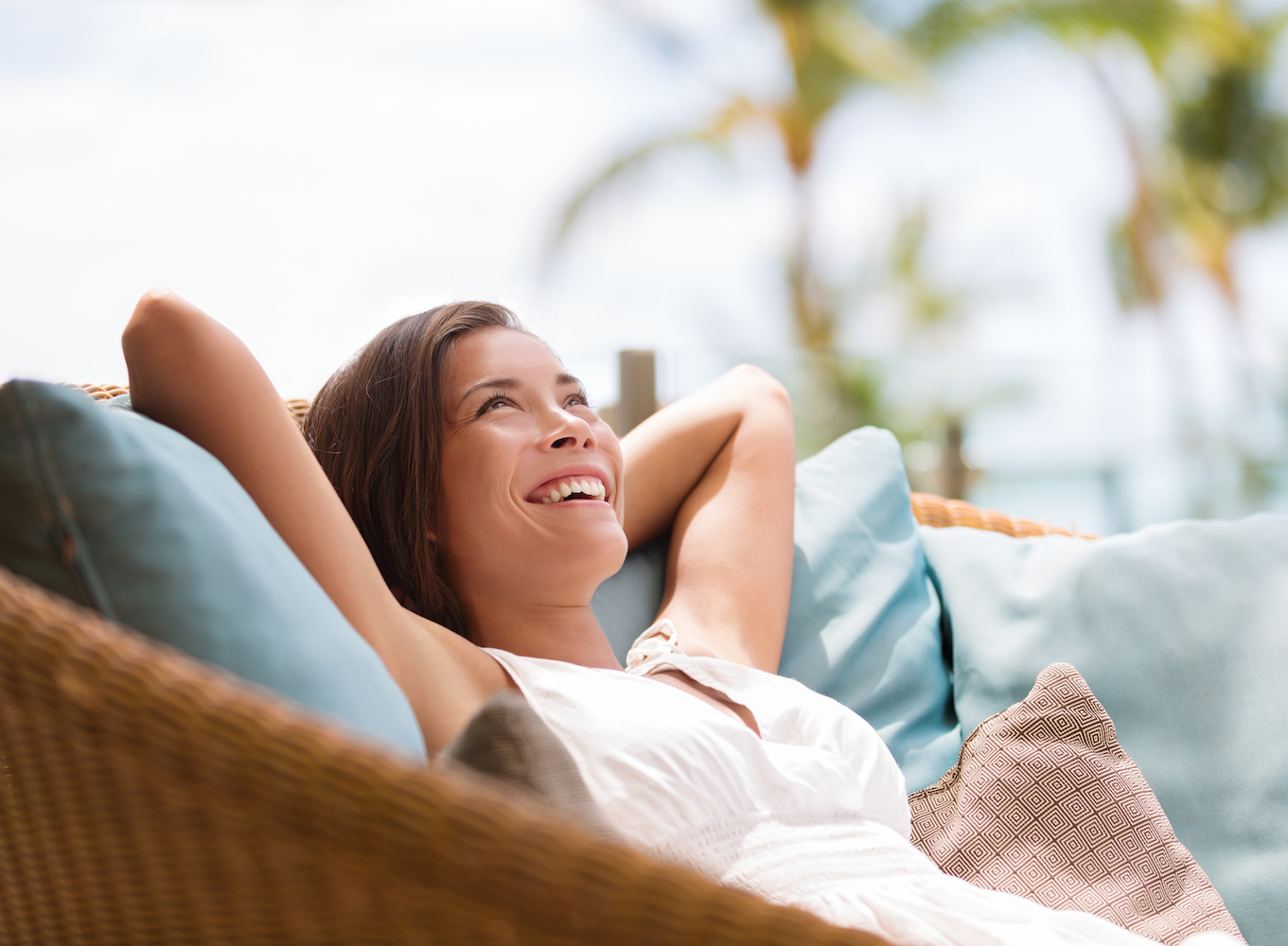The Benefits of Sensible Sunshine: GrassrootsHealth

By Carole Baggerly, GrassrootsHealth
Was sunshine always considered dangerous? No. In fact, sunlight enabled evolution and is important for humans. A study of traditionally living populations in equatorial east Africa, published in 2012, showed that 48 ng/ml (120 nmol/L) was the average vitamin D status of Maasai herdsman, suggesting that our hunter-gatherer forefathers likely maintained their vitamin D levels within the range of 40 -60 ng/ml (100-150 nmol/L).
What about more modern times? In the 18th century, with the industrial revolution, doctors in inner cities started noticing bone deformities in children, which turned out to be rickets. It took some time to figure out, but they were finally confronted with the fact that children with less nutritious diets, in rural areas, did not have these deformities – it was lack of sunlight in the inner cities that caused the problems. In the early 20th century, milk was fortified with vitamin D on a large scale and rickets essentially vanished.
After this time, the sun enjoyed some notoriety. The US government even encouraged parents to have their infants sunbathe regularly in order to promote regular growth. Vitamin D was added to more and more food products including bread, custard, soda, hot dogs and even beer. Then, in the 1940s and 1950s, some children in the US and England were diagnosed with hypercalcemia. The doctors at the time attributed it to an excess of vitamin D. “ooking back it seems these children had William’s syndrome – a condition that made them hypersensitive to vitamin D. Unfortunately, these cases caused governments to drastically pull back their fortification programs.
Sunlight includes both ultraviolet A (UVA) and B (UVB) rays. When the sun reaches the skin these rays penetrate the skin and make small changes. One of the changes is a thickening of the skin, which further protects the skin from sunlight. Another is to produce melanin, or cause the skin to darken, another protective factor. Melanin is a natural sunscreen and also acts as an antioxidant and free radical scavenger.
Sunlight also produces beta-endorphins, which contributes to a general feeling of well-being that many experience after being in the sun. It is well-known that lack of sunlight is associated with depression, and in the winter months can cause SAD – seasonal affective disorder.
In addition to a feeling of general well-being, exposure to sunlight is also associated with reduced incidence of several diseases. Epidemiological studies show a correlation of distance from the equator with different auto-immune diseases such as type 1 diabetes and MS. A 1915 study reported that indoor workers had an 8-times higher risk of dying of cancer than an outdoor worker. Additional studies in 1941 and the 1980s related cancer risk to latitude. A study of Canadian women published in 2007 compared sun exposure as a child, 10-19 years old, with breast cancer later in life. That study found that women with the most sun exposure had a 69% reduced risk of breast cancer later in life as compared to those with the least sun exposure.
There is a lot of research that shows both latitude and birth month to be indicative of disease rates. We also know that vitamin D needs to come mostly from the sun or supplements; most people cannot get enough vitamin D from food. Sensible daily sun exposure could be a great method of improving health, with no downside if done properly. The key is not to burn. Start slow and allow your skin to adapt gradually to sun exposure.
SmartTan.com news articles regularly report medical and scientific information to keep you abreast of current events related to UV light. This information is not intended to be used by any party to make unwarranted health claims to promote sunbed usage. Indoor tanning businesses are obligated to communicate a fair and balanced message to all clients about your products and services including the potential risks associated with indoor tanning. Contact your Smart Tan representative to find out more about what you can and can’t say in your tanning salon business.
© 2019 International Smart Tan Network. All rights reserved.
